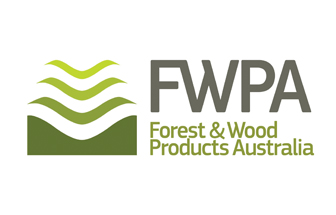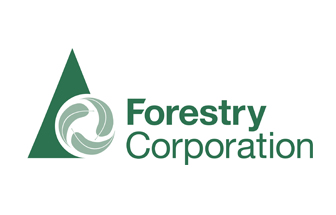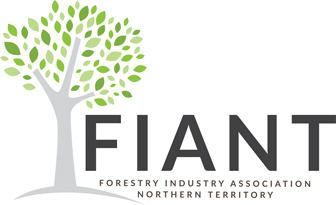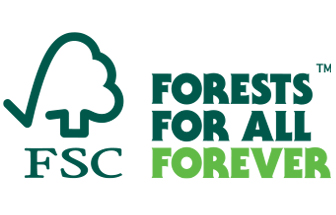CASHING IN ON CARBON: NEW MARKET PLACE HELPING
NATIVE FORESTS TO GROW AND THRIVE IN NEW ZEALAND
THE first voluntary carbon credit marketplace, Carbonz, is here to restore native biodiversity and help New Zealand reach its carbon zero goals by selling the first carbon credits exclusively from native forest.
Climate change PhD candidate Finn Ross, the founder of Carbonz, says the foundation of the business is rooted in allowing Kiwi businesses and investors to maximise the impact of their carbon offsets via supporting native forest.
“There is currently little liquidity in the marketplace for carbon credits,” Mr Ross says. “Typically, carbon credits are sold in large blocks via the emissions trading scheme with infrequent trades.”
Mr Ross said the existing ETS for carbon offset purchases was not well set up for an industry hoping to support regeneration of native forests.
“It’s made for foresters with pine monoculture plantations,” he said. “Carbonz is for those who want to see greater restoration of native forests.”
The rate and trajectory of land use conversion to monocrop pine plantations in New Zealand has exponentially increased, largely fed by the increasing price of carbon. Carbonz is a platform that provides an incentive for farmers to derive financial value for restoring native forest and associated biodiversity on their land, not planting pines.
The latest Intergovernmental Panel on Climate Change report outlines that best practice for carbon sequestration through trees is to maintain or restore natural species and structural diversity, leading to more diverse and resilient systems.
“Our country has committed to being carbon zero by 2050, and we need a country-wide support network of emissions reduction and carbon sequestration to achieve this,” Mr Finn said.
“The reality is, most organisations won’t be able to reduce emissions to zero, and therefore buying carbon credits or carbon offsets will be a key part of their sustainability strategy. Carbon offsetting promotes management on farms that incentivises carbon sequestration, like tree planting, pest control, and stock exclusion.”
A large portion of trees planted for carbon farming in New Zealand is pine, leading to issues around native biodiversity and the value of native forest.
“We don’t want New Zealand to become one large pine forest and people don’t understand that carbon credit farming is creating this reality.
“A pine forest generates 30-40 years’ worth of carbon returns before indefinitely plateauing. New Zealand has exceptional native forest species that can provide long-term benefits of not just carbon sequestration, but selective high quality timber, increased biodiversity, soil, water and other spiritual benefits.”
Carbonz is partnering with CarbonCrop, a NZ company using artificial intelligence to measure carbon sequestration to bring buyers and sellers of native carbon credits together.











